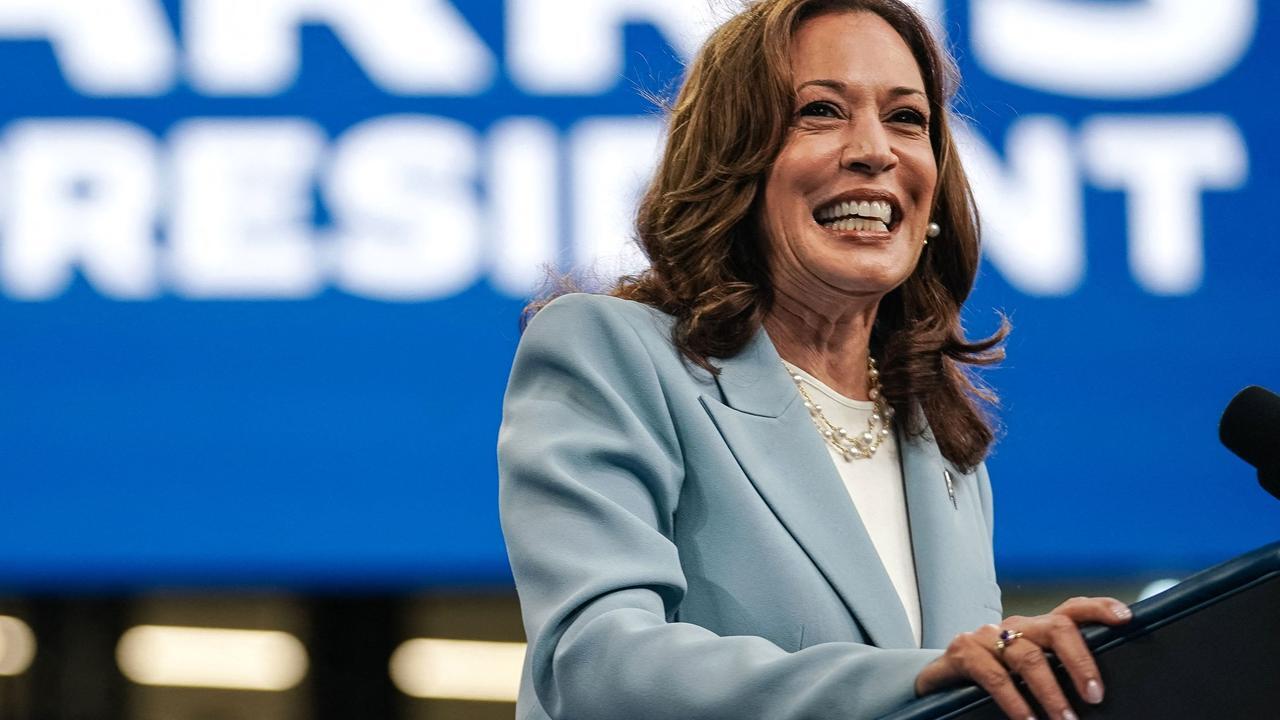The recent TV debate between Kamala Harris and Donald Trump captured the attention of European diplomats and politicians, who were eager to gauge the potential future direction of US foreign policy. Observers from Europe were particularly focused on how each candidate might impact US positions on international issues crucial to European security and relations.
One diplomat noted Harris’s performance, highlighting that she effectively portrayed Trump as an outdated, out-of-touch figure. Despite her own time in government over the past four years, Harris managed to emphasize Trump’s inconsistencies and present herself as a candidate of change. This approach was seen as a strategic move to set herself apart from Trump and project a fresh perspective.
The German foreign office responded to Trump’s criticisms of Germany’s energy policies by providing a detailed rebuttal. They emphasized Germany’s commitment to renewable energy and clarified misconceptions about their energy practices. This exchange highlighted the tension between Trump’s aggressive rhetoric and the practical realities of European policies.

Kamala Harris
European diplomats were particularly concerned by Trump’s refusal to clearly state whether he wanted Ukraine to defeat Vladimir Putin. His vague response and his claim that he could end the war quickly through direct negotiations were seen as troubling. His praise for Hungary’s populist Prime Minister Viktor Orbán also underscored his alignment with the European far-right, contrasting sharply with mainstream European leaders.
Trump’s contradictory statements on various international issues, including his claims about Israeli security and Iran, further confused diplomats. His rhetoric appeared to be a mix of provocative assertions and inconsistent positions, reflecting a broader strategy to present himself as a strong leader while also appealing to voters’ desires for reduced overseas commitments. This disjointed approach left European observers questioning his potential impact on global diplomacy.
The debate underscored broader uncertainties within the US electorate, with voters appearing divided between a controversial Republican candidate and a Democratic contender who has yet to fully convince many of her suitability for leadership. For European diplomats, the debate highlighted the challenges of engaging with a US political scene characterized by volatility and shifting allegiances, making the future of transatlantic relations increasingly unpredictable.
